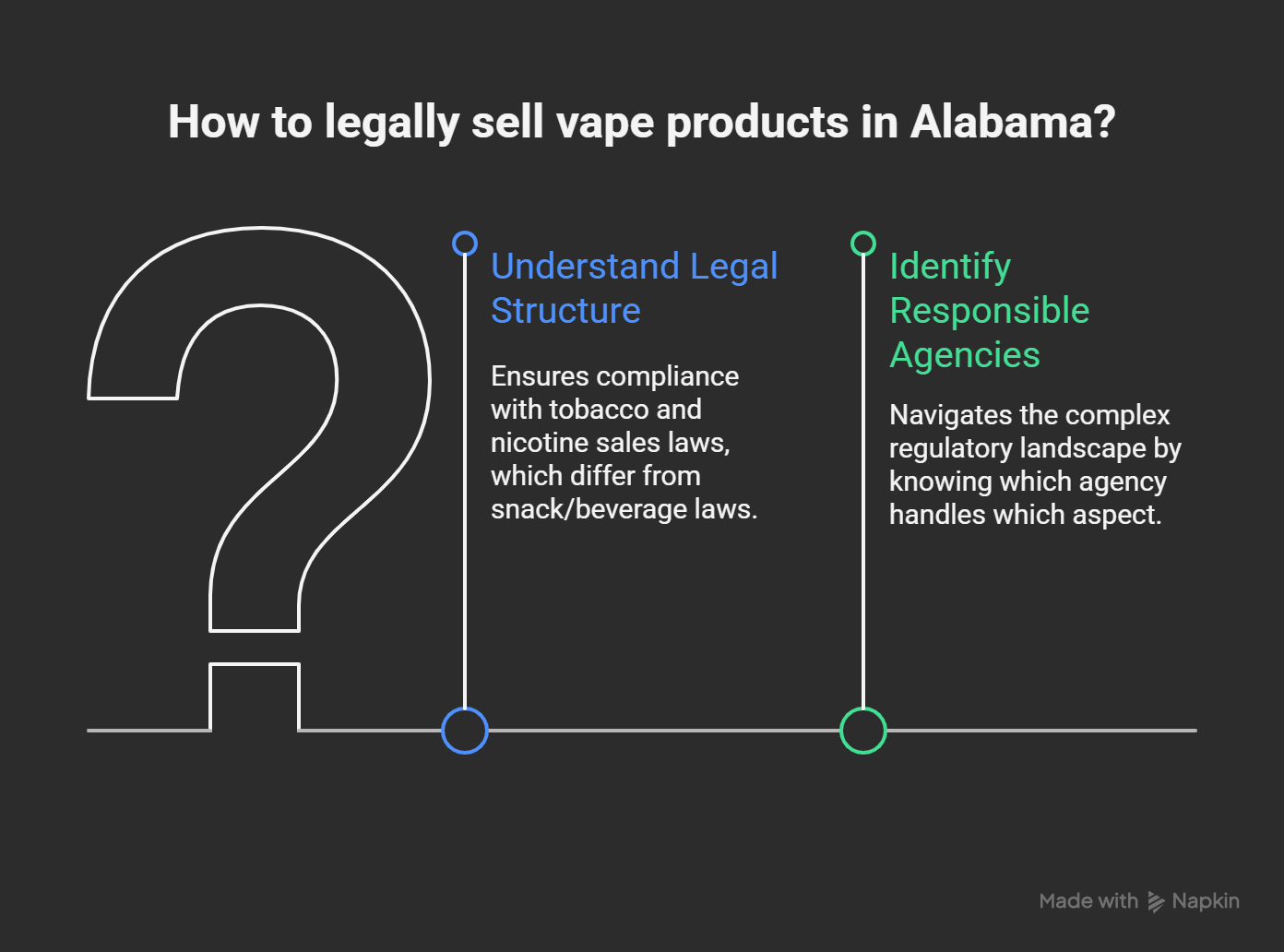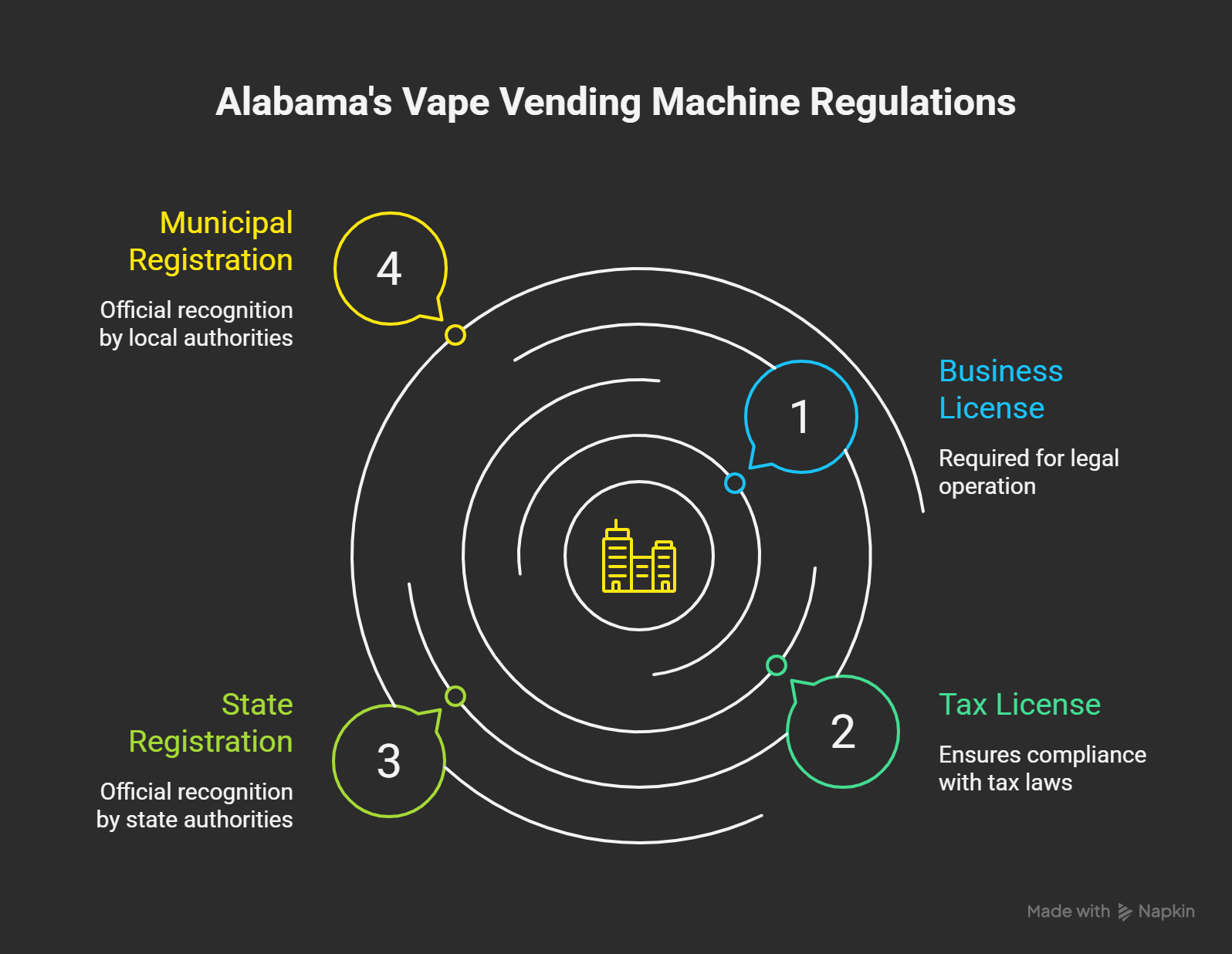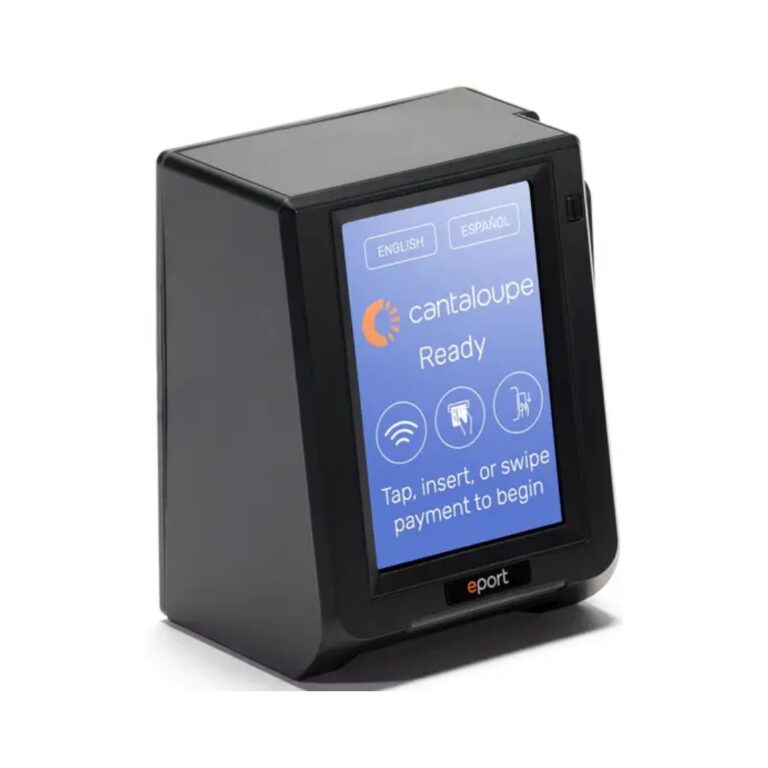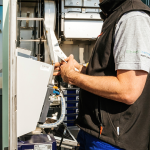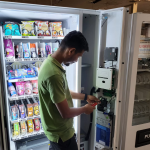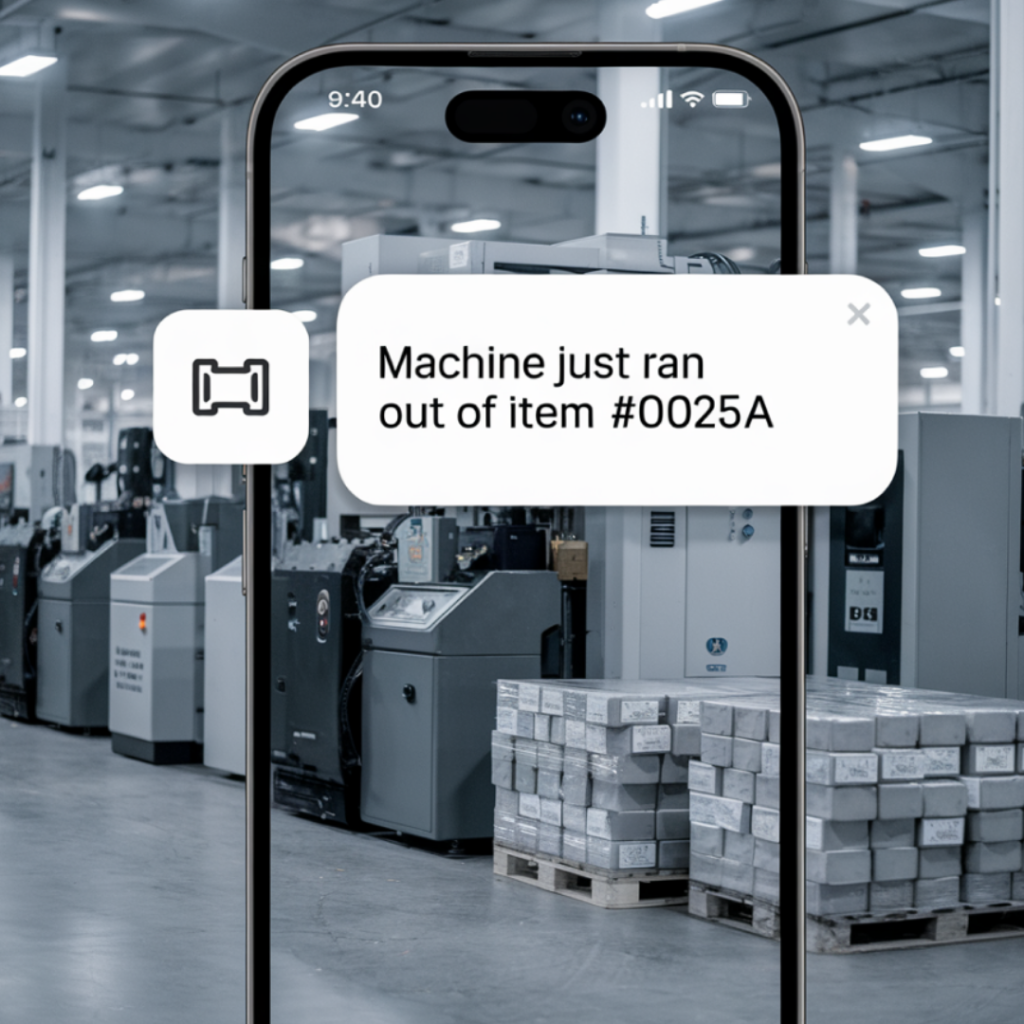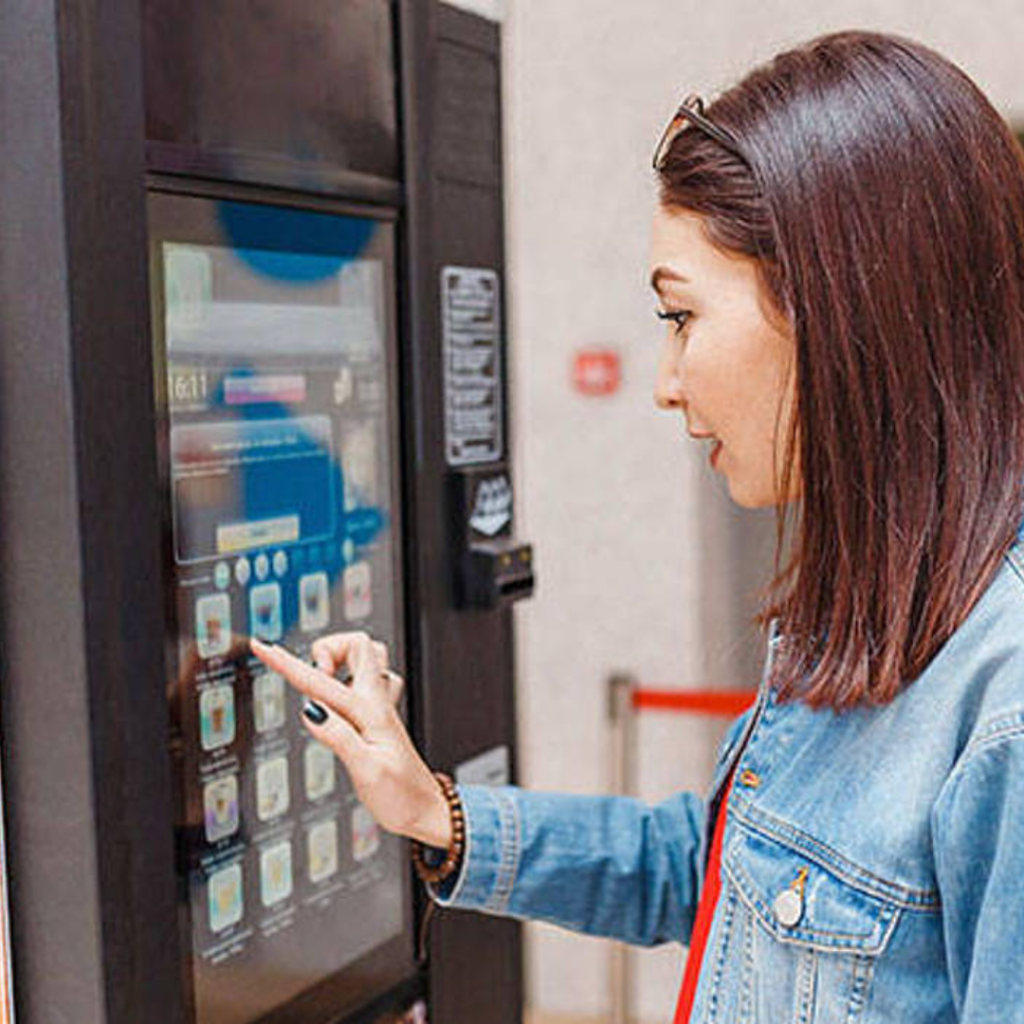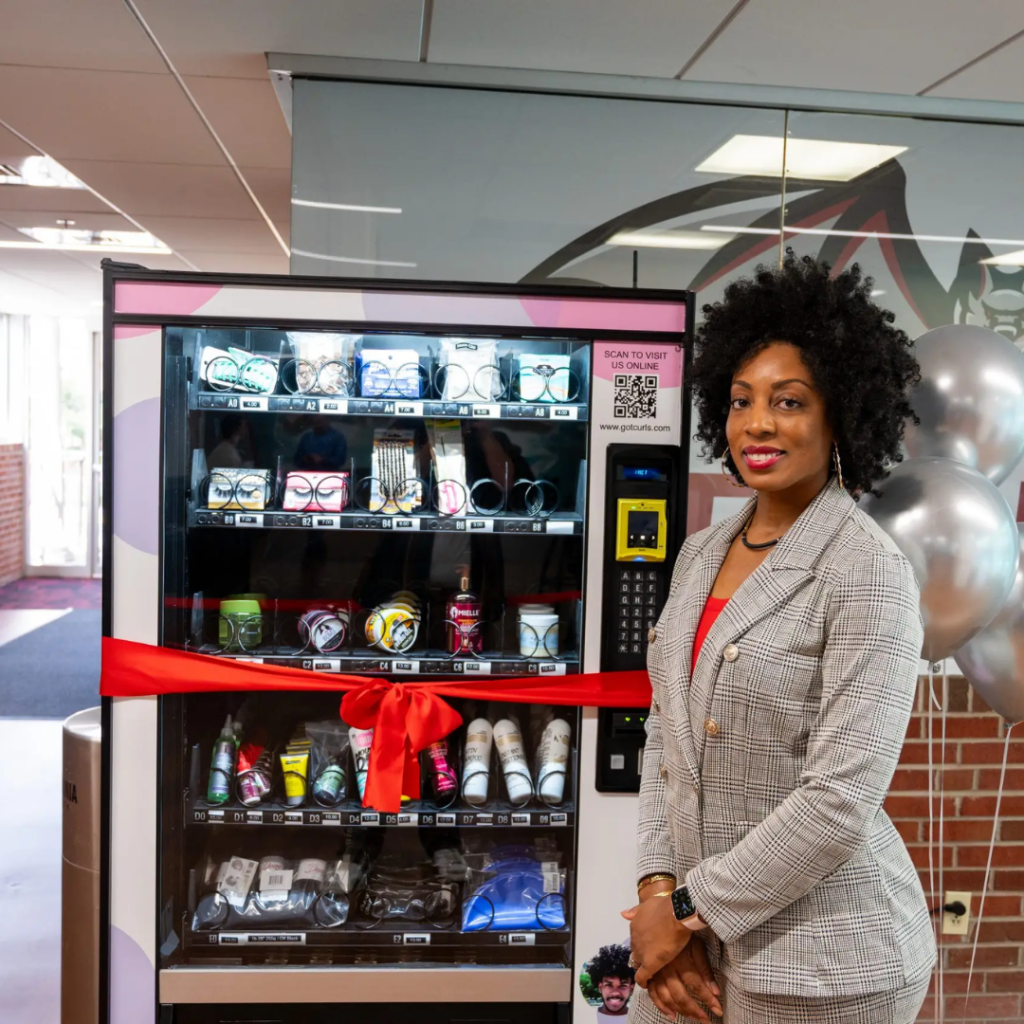Export ready American built machines in stock, shipping from Miami
What Licenses Or Permits Are Required To Sell Vape Or Zyn Products Through Vending Machines In Alabama?

Understanding the Business Idea
Selling vape pens, e-cigarettes, or nicotine pouch products such as Zyn through vape vending machines is an idea that combines convenience with automation. Unlike snacks or drink sales, this business model faces added layers of regulation because nicotine and vape items are strictly age-restricted products in Alabama.
Before investing in any modern new vending machines or exploring financing options, it is vital to understand that this type of vending operation functions under laws closer to those governing tobacco sales than ordinary retail. The central challenge lies in balancing the self-service nature of vending with the state’s strong stance on preventing underage access.
- Vape and nicotine products are classified under controlled retail categories.
- Only adults aged 21 or older may purchase them.
- Automated systems must include secure age verification vending machines or staff oversight.
Operators interested in this field often use cloud software to manage inventory, monitor sales, and document compliance. Such systems help maintain accurate records for inspections and ensure the machine is never unattended during operation. Whether using brand new vending machines or retrofitting existing ones, automation must always align with Alabama’s current tobacco and nicotine laws.
The Legal Landscape in Alabama
Anyone planning to sell vape or nicotine pouch products through vape vending machines in Alabama must first understand the legal structure that governs tobacco and alternative nicotine sales. These laws are not the same as those for snacks or beverages. They are managed by multiple agencies, each responsible for a different aspect of business and public health compliance.
The Alabama Alcoholic Beverage Control (ABC) Board regulates the sale of tobacco, vape, and alternative nicotine items. It issues the required tobacco and nicotine permits, while the Alabama Department of Revenue handles business licenses, vending registrations, and tax obligations. Both entities work together to enforce regulations and track compliance across the state.
Key Laws and Definitions
- Alabama HB 8 (2025) introduced stricter standards for vape and nicotine product sales. It covers flavor restrictions, location requirements, and limitations on vending use.
- “Tobacco product,” “vapor product,” and “alternative nicotine product” are defined under Alabama law, determining which items require state permits.
- Flavored products, such as candy or fruit varieties, are subject to additional restrictions.
For business owners, this means that even if modern new vending machines can technically dispense these products, their operation may still be restricted by law. The ABC Board maintains authority to inspect and revoke licenses for any business that violates these provisions.
| Regulatory Agency | Primary Role |
|---|---|
| Alabama ABC Board | Issues tobacco and nicotine permits, enforces age and sales restrictions |
| Alabama Department of Revenue | Manages business licenses, vending decals, and tax registration |
These overlapping rules make it important for anyone entering the vending market to confirm that their age verification vending machines and cloud software solutions meet state-level security and compliance expectations. Even a minor oversight, such as improper product labeling or incomplete permit records, can delay approvals or trigger penalties later.
Can You Sell Vape or Zyn Products in Vending Machines in Alabama?
As of 2025, Alabama law prohibits the sale of vape pens, e-cigarettes, or nicotine pouch products such as Zyn through public, unattended vape vending machines. This restriction exists to prevent underage access and ensure that all nicotine transactions occur in controlled, adult-only environments. Business owners must confirm that their vending concept complies before applying for any licenses or permits.
Where Vending Sales Are Allowed
While public placement of these machines is banned, limited exceptions exist under specific conditions. Vending units may operate legally in 21+ venues where staff supervision or verified age authentication technology is present. This means operators may install age verification vending machines only in environments that restrict entry to adults.
- Acceptable locations include adult lounges, bars, vape stores, or private clubs.
- Machines must be monitored by staff or equipped with biometric or ID scanning verification.
- Vending systems located in shopping centers, schools, or open-access areas are not permitted.
Technology and Compliance
Modern automation makes it possible to balance convenience with legal safeguards. Many newer vending machines now integrate biometric locks or real-time ID verification systems to ensure legal sales. Operators can connect these systems to cloud software that records every transaction, providing proof of age verification and compliance for ABC Board inspections.
Before investing, it is wise to analyze whether your chosen setup meets both technical and legal requirements. Even the most advanced brand new vending machines must still conform to Alabama’s state statutes and local ordinances. The cost of installing advanced verification technology should also be included in your financing plan, as failure to comply can result in fines or permanent loss of vending privileges.
In short, only tightly controlled, adult-only settings currently allow any form of vape or Zyn vending in Alabama. Public, unattended vending remains off-limits under the state’s 2025 updates.
Business and Tax Licenses You’ll Need
Even when operating within a legal 21+ venue, anyone using vape vending machines to sell nicotine or Zyn products in Alabama must hold the proper business and tax licenses. These licenses ensure that your operation is recognized by state and local authorities, and they protect you from costly violations or shutdowns. The process involves registration at both state and municipal levels.
Core Licenses Required
- State Business License: Issued by the Alabama Department of Revenue. This license registers your business as a legal entity and allows you to operate vending machines statewide.
- County or City Business/Privilege License: Each local jurisdiction may require an additional business or privilege license, depending on the vending location.
- Sales Tax Registration: Required for collecting and remitting sales tax on nicotine or vapor products. Failure to register can result in penalties or back-tax assessments.
- Vending Machine Decal or Registration: All commercial vending machines in Alabama must display a current decal issued by the Department of Revenue.
Operators using modern new vending machines with digital payment systems should ensure their sales tracking is linked to reliable cloud software. These systems can automate reporting and make compliance audits easier. They also create digital records for every sale, helping prove that tax and licensing obligations are met.
Recordkeeping and Practical Tips
When you apply for your business and vending licenses, maintain organized records of the following documents:
| Document | Purpose |
|---|---|
| State business license | Authorizes legal operation of vending activities statewide |
| Sales tax certificate | Allows collection of applicable sales taxes |
| Vending decal | Required for each machine to prove registration compliance |
Using cloud software can simplify management by keeping permits, renewal reminders, and financial records accessible online. Business owners may also explore financing programs designed for brand new vending machines to manage startup costs efficiently. Once these administrative steps are complete, your operation can proceed to the next phase of applying for specialized nicotine and tobacco permits.
Tobacco & Nicotine Permits (Specific to Vape/Zyn)
After confirming that your vending model fits Alabama’s legal limits, the next step is to secure the correct tobacco and nicotine permits. Every operator who sells vape, e-cigarette, or Zyn products through vape vending machines must hold an active tobacco permit from the Alabama Alcoholic Beverage Control (ABC) Board. These permits verify that your business meets all state requirements for nicotine product sales.
Types of Required Permits
Alabama issues several categories of permits related to nicotine and vape sales. Each depends on how your vending business operates:
- Alabama Tobacco Permit: Required for anyone selling tobacco, vape, or alternative nicotine products. The ABC Board reviews your business location and confirms that all vending machines meet legal standards.
- Specialty Vape Retailer Permit: Intended for businesses focused primarily on selling vape or nicotine pouch products. This license allows direct retail transactions, including vending in adult-only environments.
- Distributor Registration: Required if your company imports or wholesales nicotine or vape items to other vendors within the state.
Apply for these permits directly through the ABC Board’s Tobacco and Nicotine Division. The process usually involves completing an online application, providing business documents, and paying the annual fee. The ABC Board may also inspect your vending site to confirm compliance before granting approval.
Renewals and Fees
Most permits expire yearly and require renewal before the deadline to avoid penalties. Failing to renew or operating without an active permit can result in fines up to several thousand dollars. The ABC Board can also suspend or revoke your license if you sell through unauthorized locations or fail to maintain records.
To manage renewals efficiently, operators often rely on cloud software that sends alerts before permit expiration and keeps scanned copies of official documents. Pairing automated reminders with secure storage helps you avoid administrative mistakes and remain inspection-ready at all times.
Practical Tip for New Operators
When budgeting your business plan, include costs for permitting, compliance technology, and potential inspections. If you’re purchasing brand new vending machines or planning to expand into multiple venues, consider applying for financing that covers both equipment and licensing expenses. This approach keeps your operation compliant and financially steady from the start.
Compliance Rules: How to Stay Legal
Running vape vending machines in Alabama requires more than just obtaining permits. You must operate under strict compliance standards that protect consumers and ensure lawful sales. Each rule focuses on public safety, product integrity, and accountability. Failing to meet even one requirement can lead to immediate fines or license suspension.
Key Compliance Requirements
- Age Restriction: Only verified adults aged 21 or older can purchase vape or nicotine pouch products. Every transaction must pass an electronic or supervised age check through age verification vending machines.
- Packaging Standards: Products must come in child-resistant packaging with accurate nicotine and health warning labels. Unlabeled or improperly sealed products are not allowed in any vending setup.
- Product Approval: Only FDA-approved or authorized vape and nicotine items can be sold. Avoid unverified imports or rebranded items that lack federal clearance.
- Location Limits: Alabama law prohibits placement of nicotine vending systems near schools, parks, or youth facilities. Choose only adult-restricted or staff-controlled areas.
Operators often use cloud software to handle compliance data in real time. These systems track sales, record age-verification attempts, and log supplier information. In the event of an inspection, these digital records provide proof of adherence to state law. Maintaining electronic logs also eliminates paperwork errors and strengthens your compliance audit trail.
Best Practices for Compliance
To maintain full compliance, consider integrating these steps into your business operations:
- Regularly update software to ensure it follows the latest ABC Board and FDA regulations.
- Train any on-site staff to check IDs manually when supervising machines in adult-only venues.
- Keep supplier invoices and purchase receipts accessible for at least two years.
- Label each modern vending machine clearly as 21+ restricted to prevent accidental use by minors.
Using brand new vending machines with built-in security features makes compliance simpler. They often include digital locks, tamper sensors, and monitoring tools linked to cloud software. Combined with a consistent recordkeeping routine, these upgrades help ensure that your operation remains legal and inspection-ready throughout the year.
Penalties for Non-Compliance
Operating vape vending machines in Alabama without the proper permits or failing to follow nicotine sales laws can lead to serious financial and legal consequences. State regulators actively monitor vending operations that involve nicotine products, and violations can affect both your business and your future eligibility to hold licenses.
Types of Penalties
- Operating Without a License: Businesses that sell nicotine or vape products without a valid tobacco permit can face fines up to $5,000 per offense. Authorities may also seize products or shut down the vending operation immediately.
- Underage Sales: Selling to individuals under 21 is a major offense. It can lead to criminal charges, suspension of permits, and loss of vending privileges in Alabama.
- Unstamped or Illegal Products: Machines containing unregistered or counterfeit vape products risk product seizure and permanent equipment confiscation.
- Repeat Violations: Businesses that repeatedly break state or local regulations can face permanent bans from selling nicotine items within the state.
How to Avoid Penalties
The best prevention strategy involves consistent monitoring, documentation, and system maintenance. Cloud software can track your machine’s activity, store proof of age verification, and alert you to irregular transactions. Keep your records accessible for inspections, and ensure every modern vending machine remains compliant with ABC Board requirements.
Operators should also review updates to state laws at least twice a year. Alabama frequently adjusts its tobacco and vape legislation, especially around flavor restrictions and vending access. A business that fails to stay informed risks penalties even without intentional wrongdoing.
Financial and Long-Term Risks
Fines are not the only concern. Violations can harm your business reputation and make it harder to obtain financing or insurance coverage. Some lenders require compliance documentation before approving funding for brand new vending machines or business expansion. A record of penalties or non-compliance may also affect your ability to renew permits with the Alabama ABC Board.
Maintaining a clean compliance history not only protects your operation but also strengthens your credibility with partners, suppliers, and regulators. A proactive approach to recordkeeping and machine oversight ensures that your vape vending machines remain both profitable and lawful.
Practical Steps Before You Start
Before investing in vape vending machines or launching a nicotine product operation in Alabama, verify that your concept aligns with state law and regulatory limits. Because these machines sell age-restricted products, you must plan every detail carefully—from machine placement to permit applications. Following a clear sequence of actions reduces the risk of costly mistakes or penalties later.
Step 1: Check Legal Feasibility
Start by confirming that your vending plan fits Alabama’s current tobacco and vape laws. Only adult-only locations such as lounges, bars, or 21+ stores may host nicotine vending systems. Public or unsupervised spaces are not allowed under the 2025 rules. You can consult the Alabama ABC Board or an attorney familiar with vending law for a compliance opinion before purchasing equipment.
Step 2: Choose the Right Equipment
Use modern vending machines equipped with advanced ID or biometric scanning. Systems that feature built-in age verification vending machines technology protect your business and simplify inspections. Select units that connect to cloud software for real-time monitoring and reporting. Machines with secure digital locks, tamper alerts, and remote access control reduce the risk of misuse or underage sales.
Step 3: Obtain All Business and Tobacco Licenses
Apply for a state business license, vending registration, and tobacco permit through the ABC Board. Keep copies of your documents stored digitally for quick access during inspections. Alabama’s vending laws require every commercial unit to have a current decal and permit number, so review expiration dates regularly.
Step 4: Verify Product and Supplier Legitimacy
Work only with suppliers who distribute FDA-approved vape and nicotine pouch products. Avoid gray-market imports or items without compliant labeling. Keeping supplier invoices organized within your cloud software system helps prove sourcing integrity if regulators request documentation.
Step 5: Plan for Finances and Maintenance
Budget for permit fees, machine upgrades, and potential software subscriptions. If you’re setting up multiple machines or buying brand new vending machines, consider structured financing to manage startup expenses efficiently. Routine inspections, cleaning, and data monitoring keep your equipment in peak condition and your operations legal.
Step 6: Stay Updated on Law Changes
Alabama’s nicotine sales rules continue to evolve. Review ABC Board announcements quarterly and adjust your business practices as needed. Updating software and hardware on time ensures your machines meet new age-verification or reporting requirements without interruption.
Building a compliant vending business in this category requires precision, documentation, and technology. Operators who combine proper licensing, secure age verification vending machines, and reliable cloud software can maintain a lawful, efficient, and profitable presence in Alabama’s regulated market.
Conclusion
Building a business around vape vending machines in Alabama demands careful planning, legal awareness, and reliable technology. The state’s 2025 regulations set strict boundaries for automated nicotine sales, but opportunities still exist in adult-only, controlled environments. Success depends on operating within those limits while maintaining complete transparency and compliance.
Whether you plan to deploy a few units or scale across multiple venues, use detailed preparation and smart financing to manage costs effectively. Alabama’s nicotine vending market remains tightly regulated, but businesses that value compliance and responsible sales can find a stable, long-term niche within this space.

